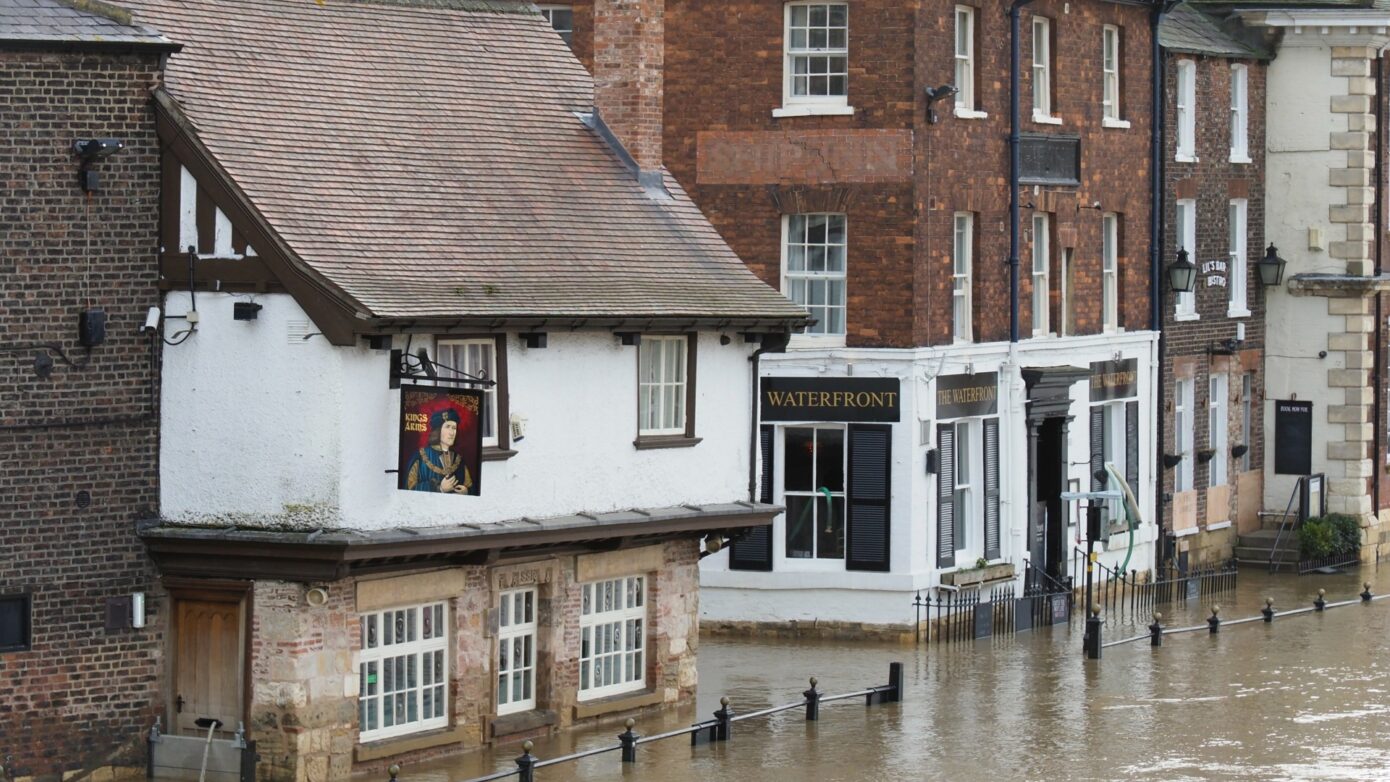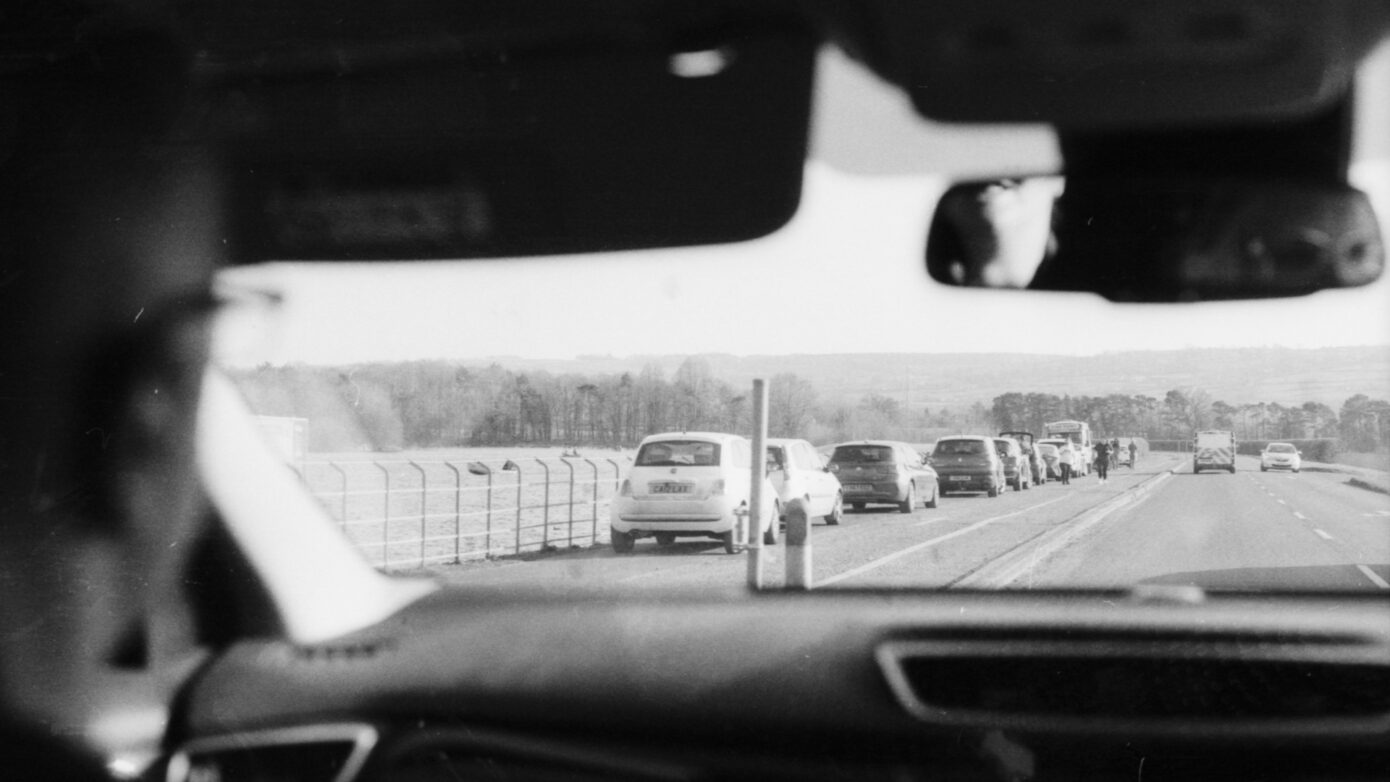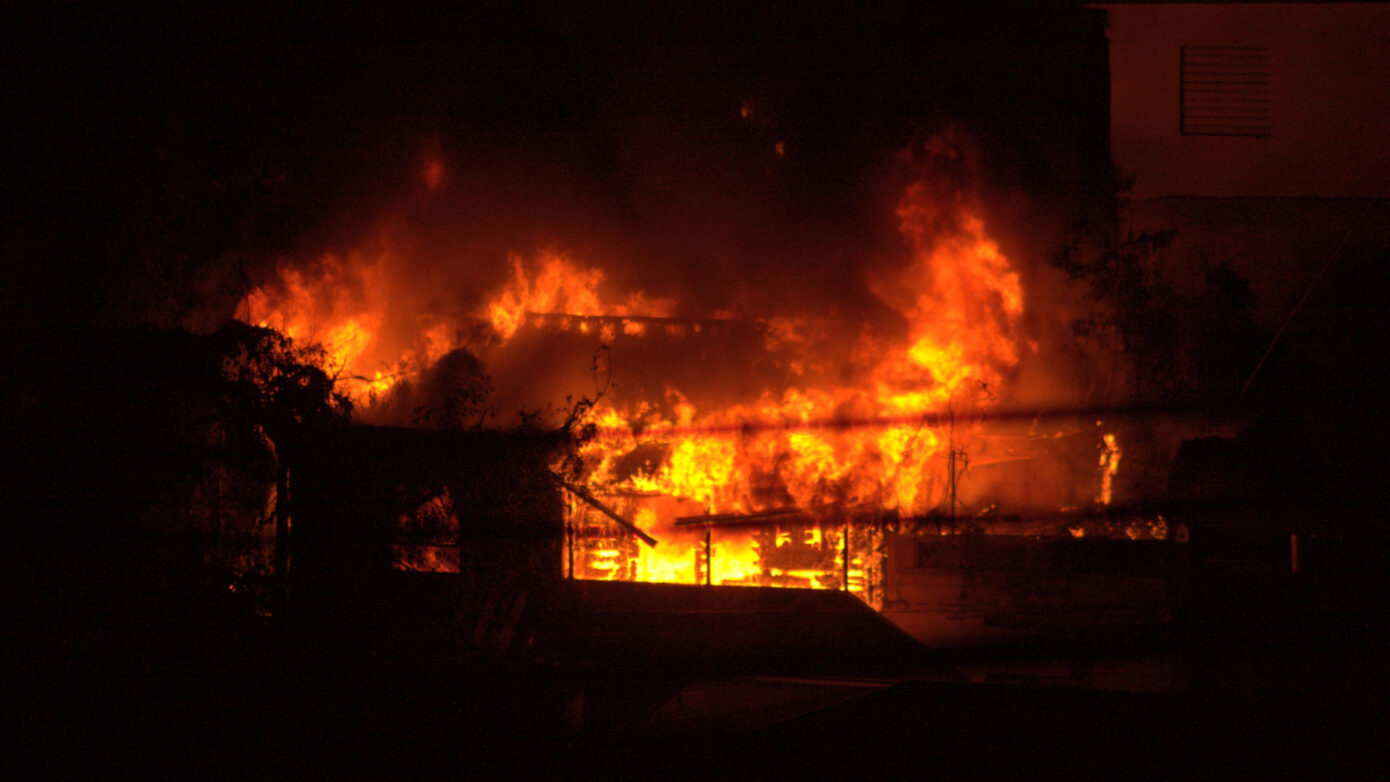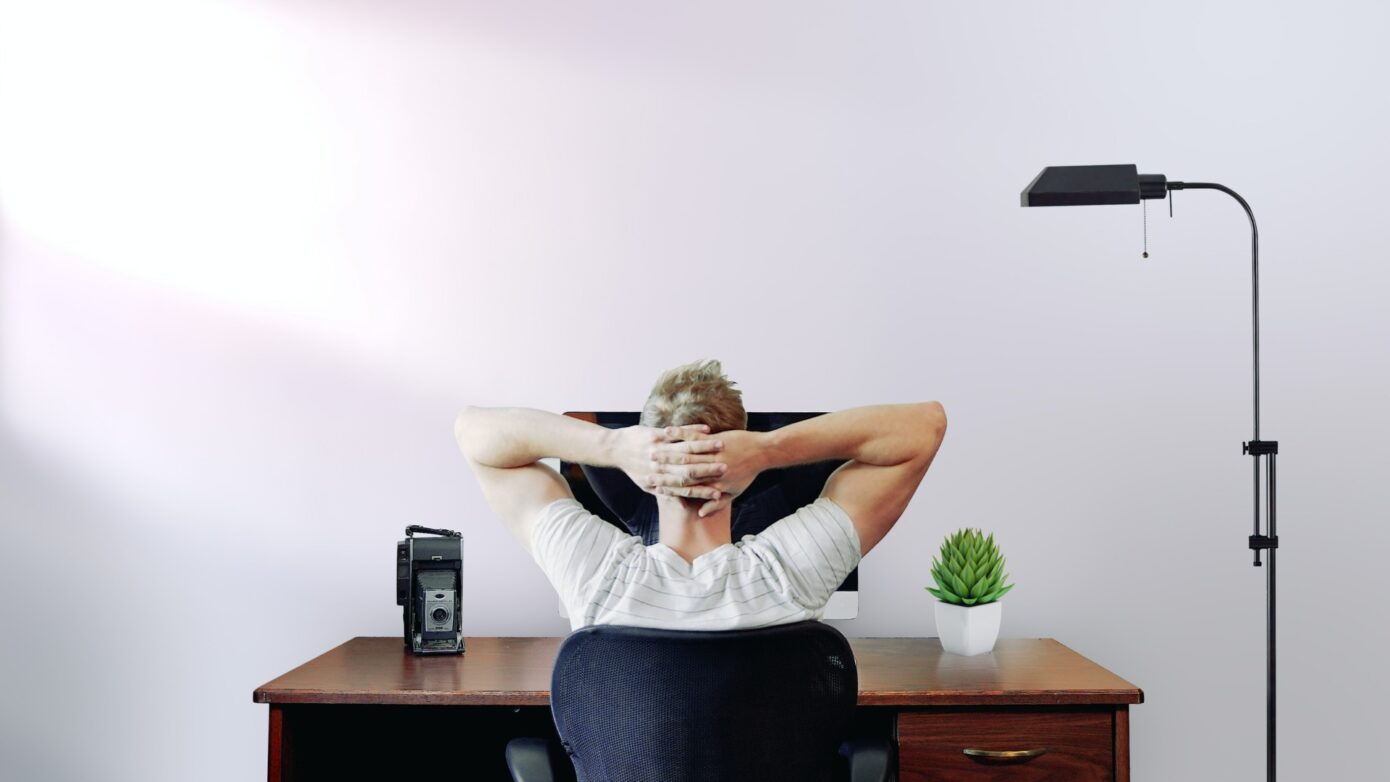If your home has been damaged by a storm, dealing with the aftermath can be emotionally and financially exhausting.
To help you avoid the worst, we’ve compiled a list of ways you can help protect your home from suffering a significant loss in event of a flood.
Before a flood
The best thing you can do at any time of the year is to make sure your property is safe. Regular checks can help your home stand up to bad weather when it comes.
- Check your roof for any loose or missing tiles, crumbling pointing or any other signs of damage.
- Remove hazardous branches in your garden, particularly those close to windows or power lines. Be careful as some trees are safeguarded, so if you’re unsure whether a tree can be cut check with your local planning authority.
- Keep gutters clear of moss and leaves. If your gutters overflow during a downpour, it’s time to give them a good clean.
- Prepare a storm emergency kit, just in case you need to leave your home during the storm. Pack warm clothes, medicines, a torch and batteries.
Find out if your postcode is at risk from a flood at Gov.uk here.
During a flood
- Prevent water getting into your premises where possible by using flood barriers such as sandbags.
- Move any furniture and possessions to a higher floor level or raised location
- Check to see if your gas/water/electricity supply is working, and if not, call the suppliers to report it.
- Switch off any gas/electricity supply that might be affected.
After a flood
Experiencing a flood can be frightening, and the activities of normal life can be disrupted. It is important not to underestimate the stress and strain of being flooded and cleaning up after floods. Here are a few steps to help deal with the aftermath.
- List any damage to your property and don’t throw anything away in case it’s needed for the claims process. Don’t dispose of anything until you have photographed it for your records.
- Check in on vulnerable neighbours or relatives and help them make any arrangements for repairs
- Remember to keep clear of electrical or telephone cables that have been blown down or are hanging loose
- Make sure the building is structurally safe
- Ventilate and dehumidify the property.
- Listen to the advice of the authorities and follow any instructions they give to leave the property.
- If you are told to wait for the rescue service please do so.
If you have been affected and need to make a claim you can contact our team here.










